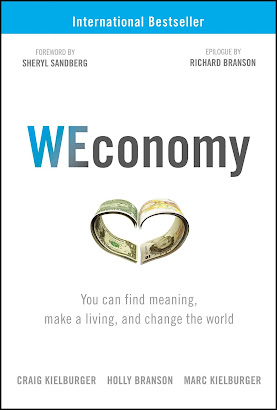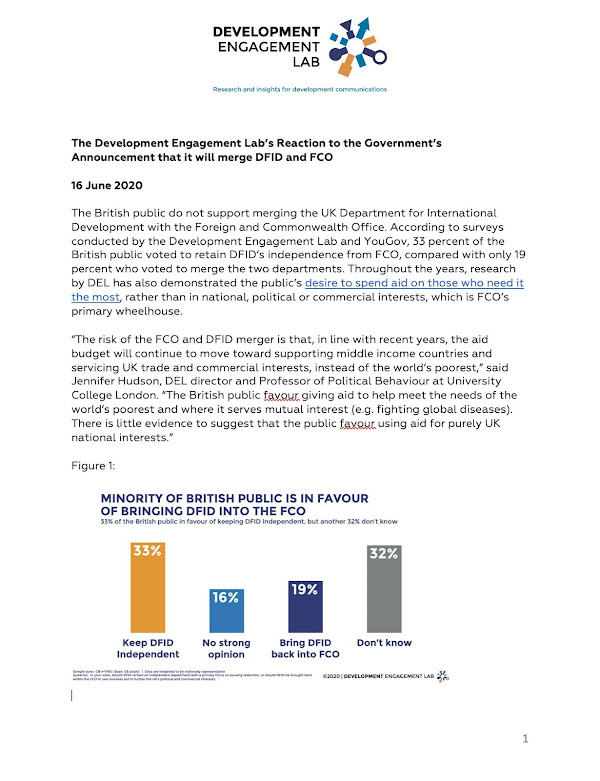The WEconomy (book review)

As you may have heard if you are interested in Canadian #globaldev discussions, the Toronto-based WE charity has been involved in a bit of a political controversy. In addition to ongoing political debates , more and more criticism on the charity’s volunteering and development model have emerged, including from my esteemed colleagues Rebecca Tiessen ( ' an organizational restructuring is insufficient for addressing its contradictory messaging, problematic practices and international development identity problem '), David Jefferess (' accusations of racism within WE have been marginalized, as have discussion of the way WE gained such influence within Canadian schools, media, and politics as models of white saviourism ') and the Canadian Association for the Study of International Development (CASID-ACEDI) (' CASID condemns the WE model of development '). These debates inspired me to take a closer look at WEconomy-You can find meaning, make a living, and change th


